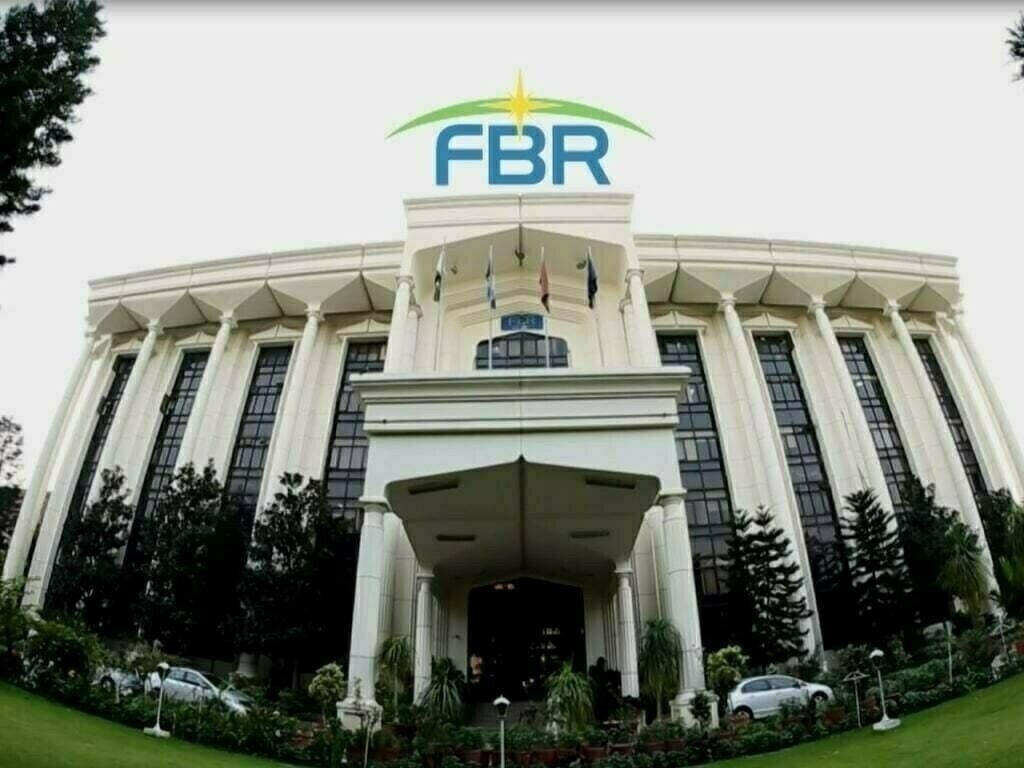Monthly advance tax: Banking sector asks FBR to give Kibor-based compensation
ISLAMABAD: The banking sector has strongly proposed to the Federal Board of Revenue (FBR) that banks should be given Kibor-based compensation on utilization of banks’ money in the form of monthly advance tax.
In this connection, the Pakistan Banks Association (PBA) has submitted the budget proposals to the FBR for consideration in the upcoming budget (2022-23).
The budget proposals of the banking sector revealed that the banks incur a heavy cost for such advance payments on a monthly basis. For example, advance tax monthly installment paid in January 2022 (tax year 2023), credit shall be given at the time of filing return in September 2023. Banks can invest these funds to earn considerable return, which in turn, will be subject to tax and thus FBR will also be a beneficiary. It is, therefore, recommended that banks should be given Kibor-based compensation on utilization of banks’ money in the form of monthly advance tax.
The banking sector proposed that the tax incentives available to an individual who invests in shares listed on stock market and in units of mutual funds are very attractive and have a huge advantage, over those available to a person who invests/places funds in bank deposits.
A profit from bank deposit received by an individual is classified as “Profit on Debt” and taxed at a rate of 15 per cent to 35 per cent, depending on the amount of profit earned, whereas return on investment by same individual in shares or units of mutual funds is taxable at 15 per cent for dividend or at 10 per cent for capital gains, irrespective of the amount of return/gain earned.
Sectors earning ‘windfall’ profits: FBR envisages ‘targeted’ taxation
In addition to this, an individual is also entitled to a tax rebate on investment in mutual fund, whereas no such incentive is available to a person who makes placements in bank deposits. Therefore, the return on bank deposit is far less attractive as compared to mutual funds, a clear disparity in tax treatment of return on bank deposits versus return on investment in mutual funds and shares.
The tax rate should not be a deciding factor for preferring placements of cash in bank or purchase of units in mutual fund or in shares. This disparity in tax treatment serves as a disincentive for placing funds in bank deposits over investments in mutual funds and in shares, which is hurting the banking industry.
This disparity needs to be corrected and tax rate on profit on debt should be restricted at 15 percent (without the threshold of Rs5 million).
IFRS 9 - Applicability on Banks: Banks are now required to prepare financial statements as per IFRS 9. Under the current regulations, provision is only required against NPLs and general provision against Consumer and loans to small enterprises. However, IFRS 9 also requires Banks to create provision against performing loans, based on an expected credit loss model. This will have a significant impact on all Banks.
Since banks will now have to create the said provisions for any lending, including at the inception of the standard, these should be allowed in the year in which these are created, subject to capping at 10 per cent for consumer lending and loans to SME, and two per cent for corporate and other loans. Any amount in excess of these limits should be allowed to be carried forward to future years.
A new sub rule be added to Rule (3) of the Seventh Schedule specifically mentioning Musharakah, Modaraba, Murabaha, Musawama, Ijarah, Istisna and Salam and any other Shariah-compliant transaction as a financing transaction and not trading activity, ie, sale/purchase transactions.
The introduction of new clause in Seventh Schedule, explaining/mentioning the transactions under Islamic mode of financing, will remove ambiguity so as not to treat such transaction as a trading activity i.e. sale/purchase transaction which can attract withholding of Income Tax. The Islamic Financial Accounting Standard-II Ijarah issued by the Securities and Exchange Commission of Pakistan (SECP) also confirms that such transactions are financing transactions.
The addition of this new sub-rule to Rule (3) is, therefore, recommended, the banking sector added.
Copyright Business Recorder, 2022

























Comments
Comments are closed.